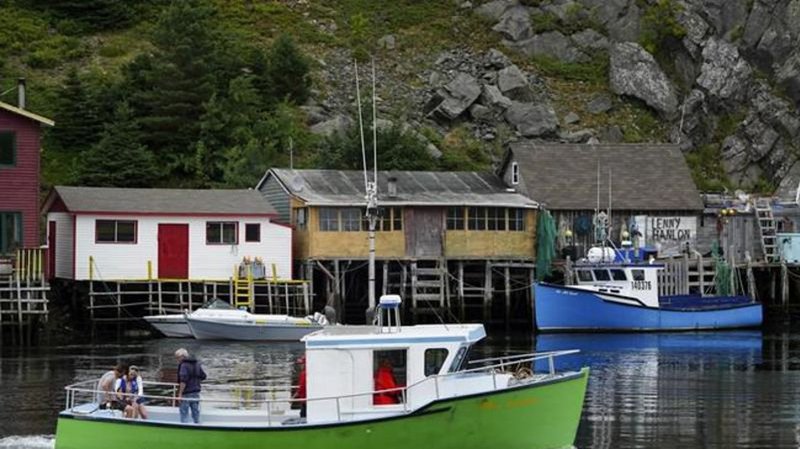
N.L.’s Quidi Vidi village drops ‘plantation’ from building name ahead of royal visit
ST. JOHN’S, N.L. — A historic fishing neighbourhood in Newfoundland and Labrador’s capital is renaming of one its buildings less than a month ahead of a visit by Prince Charles and his wife, Camilla, the city confirmed Thursday.
The Quidi Vidi Village Plantation is being renamed the Quidi Vidi Artisan Studios to better reflect its current vocation as an arts incubator, St. John’s Mayor Danny Breen said in a statement.
“While this facility operated as a fishing plantation in the past, individuals may be confused or offended by the name,” the statement read.
“The facility is used as an art incubator, from which many successful artisan businesses have developed, and the new name will reflect its use.”
